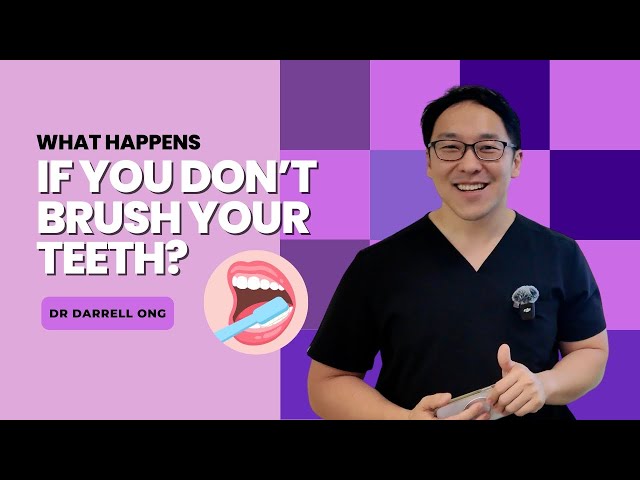About The Video
In this video, take a deep dive into remineralizing agents, which are compounds in toothpaste designed to repair and strengthen tooth enamel. Dr Bernard Siew describes three main agents: fluoride, amorphous calcium phosphate (ACP), and hydroxyapatite. While fluoride is widely known and safe when used correctly, ACP and hydroxyapatite are gaining attention as powerful, non-fluoride alternatives that can support enamel regeneration.
Dr. Bernard explains how these agents mimic or rebuild the tooth’s natural structure by filling in microscopic damage. The video highlights how remineralizing agents also help balance pH levels in the mouth, creating a healthier environment for teeth. For patients choosing toothpaste, this knowledge is key to maintaining enamel strength and preventing early decay.
Tooth remineralization is a natural process that can be enhanced through specific ingredients in toothpaste. Dr. Bernard Siew explains that remineralizing agents help restore lost minerals in enamel, preventing the progression of early decay. Fluoride, the most commonly used agent, has been proven safe and effective when used appropriately. However, alternatives like amorphous calcium phosphate (ACP) and hydroxyapatite offer exciting options for patients looking for fluoride-free solutions.
Hydroxyapatite, in particular, is structurally identical to natural enamel. He draws a relatable analogy between hydroxyapatite toothpaste and a skin moisturizer, emphasizing that teeth much like skin, can absorb minerals and restore themselves when treated properly. These agents not only rebuild enamel but also help neutralize acidic environments in the mouth. Dr. Bernard encourages patients to read toothpaste labels carefully and choose formulations that actively support remineralization for long-term dental health and resilience.


.png)
.png)
.png)
